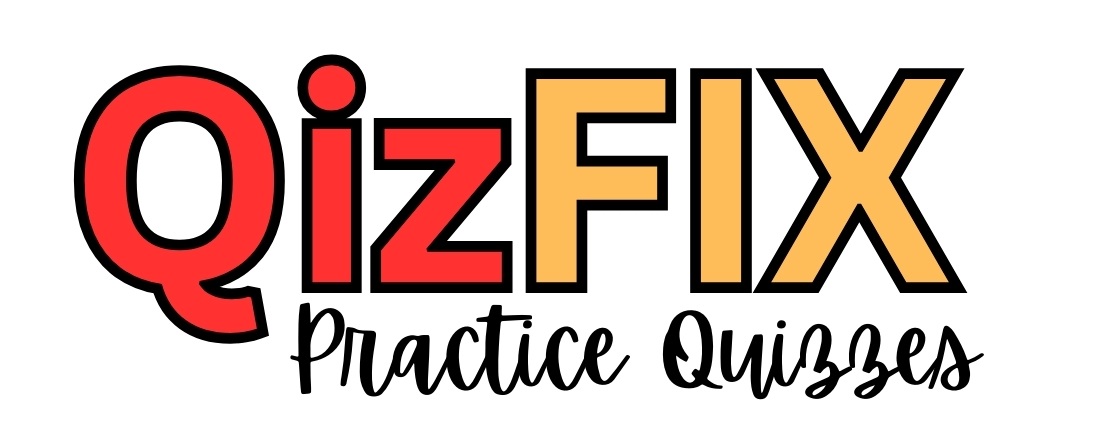1. What is the result of redundant data in the database?
Data anomalies that lead to data inconsistencies
2. Which of the following is not a function of a DBMS?
User management
3. Why is identifying and documenting business rules essential to database design?
It helps to standardize the company’s view of data.
4. Which of the following is a disadvantage of various database models?
System complexity
5. Which of the following statements best describes a functional dependency?
The value of one or more attributes determines the value of one or more other attributes.
6. The proper use of foreign keys _____ data redundancies and the chances that destructive data anomalies will develop.
minimizes
7. What type of entity can exist in the database only when it is associated with another related entity?
Existence-dependent
8. Database designers must often compromise design due to conflicting goals. What are examples of contradictory goals in database design?
Design standards, processing speed, and information requirements
9. Which of the following statements best describes the essential characteristic of an entity’s primary key?
The main function of the primary key is to guarantee entity integrity, not to “describe” the entity.
10. Normalization is a process for evaluating and correcting table structures to minimize _____.
data redundancy and anomalies
11. Which of the following is not valid related to attribute-naming convention?
Should not use the entity abbreviation as a prefix.
12. Which of the following statements best defines outer join?
An outer join returns not only the rows matching the join condition, but it also returns the rows with unmatched values.
13. Which of the following is not a characteristic of a subquery?
The inner query is executed last
14. Which statement best defines a schema?
A schema is a logical group of database objects—such as tables and indexes—that are related to each other.
15. Which of the following is a valid characteristic of a VIEW?
The name of a view can be used anywhere a table name is expected in an SQL statement.
16. What is the primary objective in creating database design?
Create complete, normalized, nonredundant, and fully integrated conceptual, logical, and physical
database models.
17. Which of the following is not a benefit of business rules when designing a new system?
Business rules eliminate the company’s management problems
18. When do deadlocks occur?
When two transactions wait indefinitely for each other to unlock data
19. Which of the following best defines a database performance tuning?
Database performance tuning refers to a set of activities and procedures designed to reduce the response time of the database system.
20. What does the acronym RAID stand for?
Redundant Array of Independent Disks
21. Which of the following best defines a Distributed Database Management System (DDBMS)?
DDBMS governs the storage and processing of logically related data over interconnected computer systems in which both data and processing functions are distributed among several sites
22. Which of the following statements best defines data replication?
Data replication refers to the storage of data copies at multiple sites served by a computer network.
23. The following is a list of business intelligence technology trends except for _____.
business intelligence applications
24. Which of the following is not a data visualization technique?
Geographic: use of geographical mapping
25. Big Data generally refers to a set of data that displays the characteristics of _____.
Volume, velocity, and variety
26. MapReduce is the computing framework used to process large data sets across clusters. Which of the following is a valid list of terms of the MapReduce framework?
Map, Mapper, Reduce, and Reducer
27. Which of the following is not a component of Open Database Connectivity (ODBC) architecture?
Dynamic-link library
28. What is cloud computing?
A computing model that provides ubiquitous, on-demand access to a shared pool of configurable resources that can be rapidly provisioned
29. What are the goals of data security?
Confidentiality, Compliance, Integrity, and Availability
30. Which of the following is not a database administration tool?
Database bottleneck automatic resolution
Other Links:
See other websites for quiz:
Check on QUIZLET
